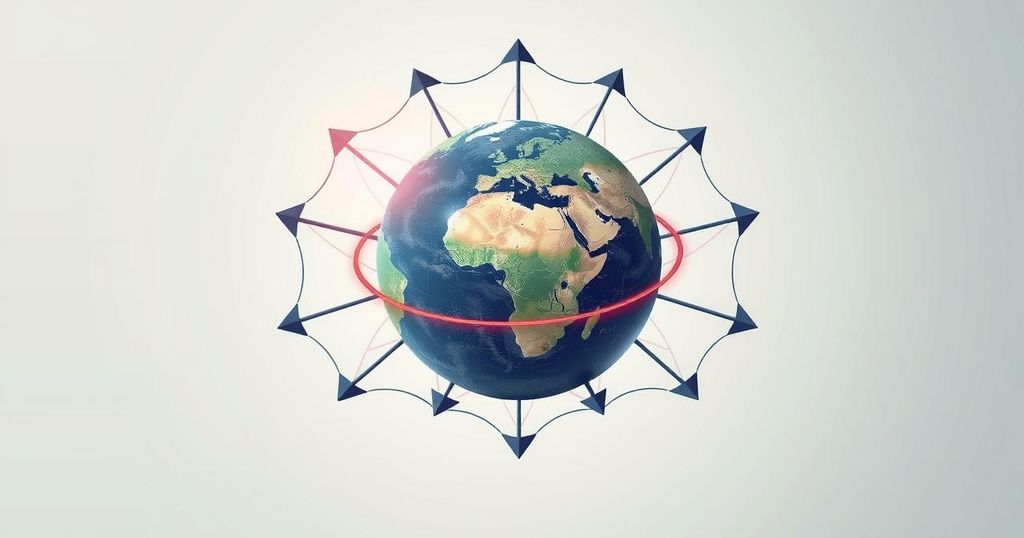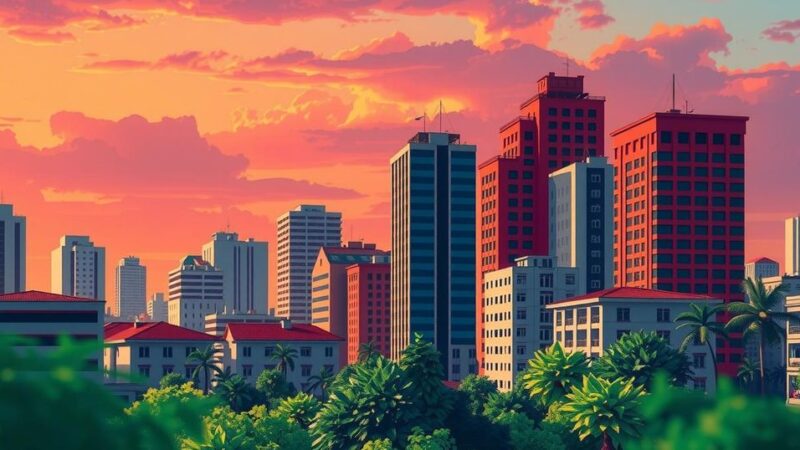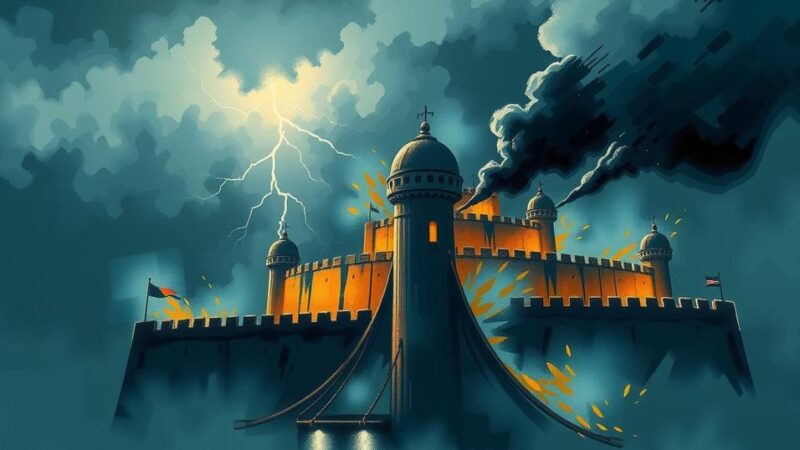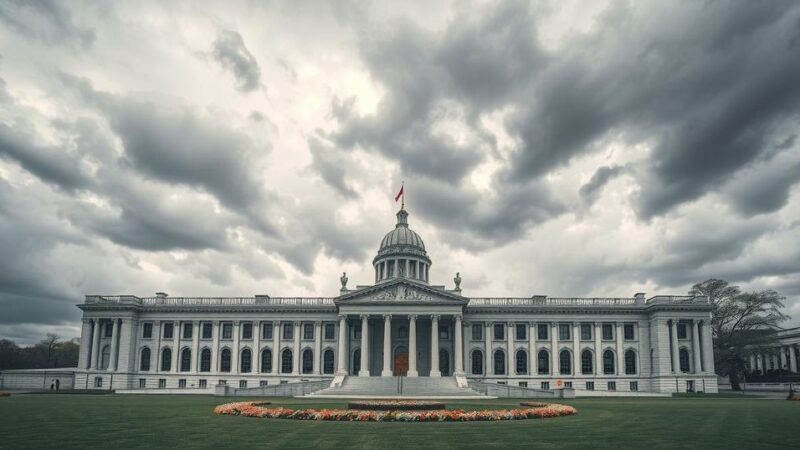The tension between South Africa’s President Cyril Ramaphosa and U.S. President Donald Trump revolves around the Expropriation Act of 2024, which allows the South African government to seize land for public use without compensation. Trump has threatened to cut funding to South Africa, claiming mistreatment of white South Africans. Ramaphosa refutes these claims, asserting that the law aims to rectify historical land inequalities, a legacy of apartheid.
South Africa’s President Cyril Ramaphosa recently asserted that his nation would not cower to external pressures, particularly in response to threats from U.S. President Donald Trump. During his State of the Nation address, Ramaphosa emphasized the need for resilience amidst rising nationalism and protectionism, indirectly addressing Trump’s claims of mistreatment towards white South Africans under post-apartheid governance.
These remarks were prompted by Trump’s recent critiques, including a call to cut funding to South Africa following the passage of the controversial Expropriation Act of 2024, which allows the government to expropriate land for public use without compensation in specific cases. Proponents of this law argue it addresses historical inequities, while opponents voice concerns over property rights, particularly for the white minority.
Trump has made similar allegations in the past, asserting that white South Africans face violence and land confiscation. These assertions align with narratives from right-wing groups that claim white farmers are victims of government-led genocide. However, Ramaphosa clarified that the Expropriation Act is designed to promote fairness in land access, not confiscation.
The Expropriation Act, passed after extensive public debate, aims to rectify land ownership imbalances established during apartheid. Histories reveal that racialized land ownership policies stripped Black individuals of their property, ensuring white ownership remained predominant. Currently, white South Africans own approximately 63% of agricultural land, despite comprising only 8% of the population.
In the wake of the law’s enactment, there has been minimal public support from some political entities, with opposition parties claiming it could undermine economic growth and international investment by eroding property rights. The Freedom Front Plus party has vowed to challenge the law’s constitutionality as it raises concerns regarding property security and investor sentiment.
The tensions between the United States and South Africa stem from a mixture of domestic policy changes and international perceptions surrounding land ownership. The Expropriation Act of 2024 signifies South Africa’s attempt to address historical injustices related to land distribution that linger from apartheid. These actions have prompted reactions from political figures like Donald Trump, who frame them within broader narratives of racial conflict and victimization. Understanding these dynamics requires a grasp of both South Africa’s historical context regarding land ownership and current political landscapes.
In summary, the ongoing discourse surrounding the Expropriation Act of 2024 in South Africa is emblematic of deeper socio-political tensions, illustrating the challenges of reconciling historical injustices within a contemporary framework. While President Ramaphosa advocates for equitable land access, critics, including international leaders like Trump and Musk, frame these policies as threats to property rights. As debates continue, the implications for South Africa’s socio-economic stability and international relations remain crucial points of analysis.
Original Source: time.com






